Empowering Organisations and Equipping African Students for Inclusive Global Workspaces
Why This Dual-Purpose Training Matters
Across the globe, African graduates and professionals continue to face subtle yet impactful barriers to career progression and access, such as:
- Discrimination based on accent, names, or mannerisms
- Misinterpretation of cultural behaviours during job interviews
- Underrepresentation in leadership roles and professional networks
- Unintentional exclusion rooted in unconscious bias
At the same time, African students and graduates living abroad often face difficulties in adapting to foreign workplace cultures, expectations, and professional communication norms. This dual challenge requires a two-sided solution.
What This Programme Offers
SRAAA’s Cultural Awareness & Unconscious Bias Training is a free programme designed to:
- Educate and equip international organisations to recognise unconscious bias and foster inclusive workplaces.
- Prepare African students and graduates for successful integration into global work environments, by enhancing their cultural and professional awareness.
For International Organisations and Employers
Target Audience:
- Corporate HR and Talent Acquisition Teams
- University Employer Relations Staff
- Diversity, Equity & Inclusion (DEI) Officers
- Recruitment Agencies and Hiring Panels
Modules Include:
- Understanding African Cultures: Norms, communication, values, and professionalism
- Spotting Unconscious Bias: Accent, tone, names, and visual identity in hiring
- Inclusive Interviewing: Structured evaluation and behaviour-focused questions
- Simulated Hiring Panels: Practice sessions with real-world candidate profiles
- Action Plans: DEI-informed policies, inclusive job ad writing, and workplace audits
For Nigerian/African Students and Graduates Abroad
Target Audience:
- Undergraduate and Postgraduate Students
- Recent Graduates Seeking Employment Abroad
- Nigerians Preparing to Study or Work in the UK, US, Canada, or EU
Modules Include:
- Understanding Global Workplace Culture: Hierarchies, communication norms, dress codes, and punctuality
- Professional Branding: CV and cover letter tips, LinkedIn optimisation, interview etiquette
- Navigating Discrimination & Bias: Recognising microaggressions and seeking support
- Soft Skills for Success: Time management, email tone, meeting behaviour, and leadership
- Know Your Rights Abroad: Understanding labour laws and student worker protections
Delivery Format
Available Online and In-Person
- Interactive modules using real-life case studies and simulations
- Tailored sessions for institutions, organisations, or student groups
- Flexible scheduling to suit organisational or academic calendars
Why Partner with SRAAA?
- Advance your DEI goals and global inclusion strategies
- Support African students’ career access and mobility
- Show commitment to ethical recruitment and global equity
- Build bridges between talent and opportunity, across borders
This initiative is completely FREE to our corporate and institutional partners and to African students engaging through verified SRAAA channels.
Get Involved
To book a session, request a custom training module, or learn more about partnership opportunities:
Together, we can dismantle barriers and create equal pathways for success.
get answers to some FAQs
You can reach SRAAA through email, phone, or social media links provided in the Contact section.
Institutions and organizations interested in partnerships can contact SRAAA via the “Contact Us” section.
As a charity organisation, SRAAA publishes financial reports to show how funds are used, available in the “Accounts Section”.
The “Education Abroad” section provides details about students’ rights, how to access jobs and accommodation, prepare for interviews, and adapt to international cultures.
You can use the Membership Verification Tool to check certified members on the website.
Recruiters can subscribe for daily updates by signing up through the subscription section on the homepage. Updates include university news, government policies, and immigration regulations.


